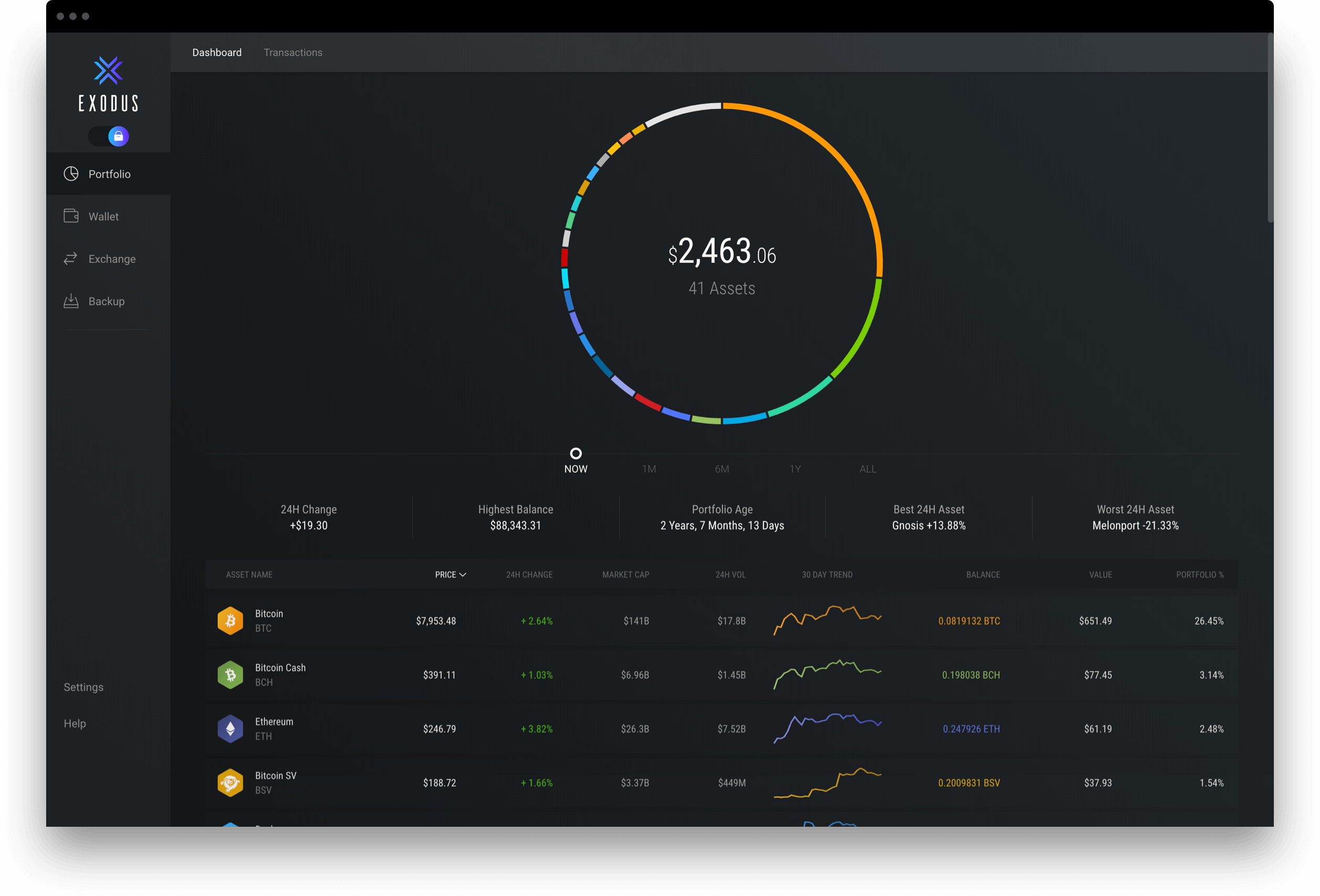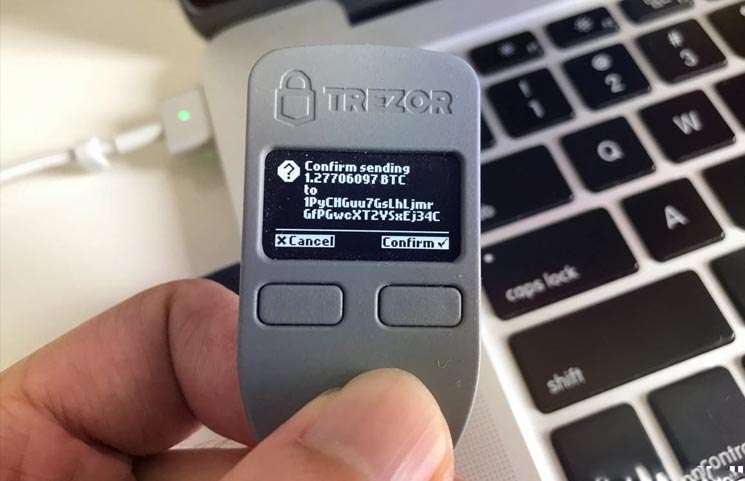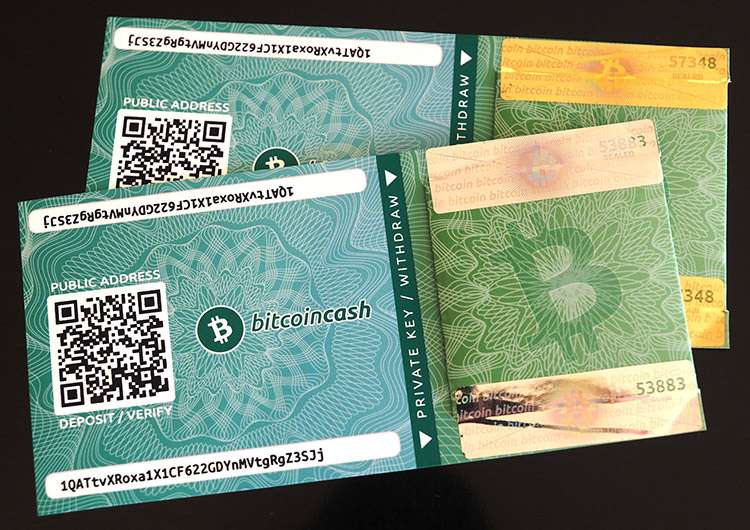
Top 5 Bitcoin Wallets in 2020
For those who took a risk on it in 2009, it was the most profitable decision they ever made. Bitcoin wallets made millionaires out of many of its early adopters. With the soaring price of Bitcoin people who have them are sitting on a treasure trove. But things are not as simple as they appear to be.
Bitcoins and other Cryptocurrencies are digital currencies and have no existence as physical legal tenders that could be just be traded for goods when one pleases. If that wasn’t bad enough, it cannot be deposited and withdrawn from just any bank either, as it is not legally regulated by local governments.
So how do you keep a bunch of digital codes worth millions safe? The answer is “Bitcoin wallets”.
What is a Bitcoin Wallet?
To understand Bitcoin wallets, we have to understand the nature of Bitcoins. Simply put, Bitcoins are files on a computer, only this file contains a very long, unique and complicated security encryption code that it acquires in the process of being created by the activity of Bitcoin miners.
Each Bitcoin or any cryptocurrency for that matter is represented by its security code called a “key”.
The key code that defines a specific bitcoin is made up of two parts, a part that can be shared with others called the public key and a part that the owner of the bitcoin should not give to anyone called the private key.
Here is where Bitcoin Wallets come into focus. The public key is the part of the bitcoin code that can be shown to anyone.
It is the part of bitcoin’s unique address that can be used to either count how many individual bitcoins one has or it can be given to someone to tell them what digital storage it is located in say, for example, a Bitcoin Wallet.
But this public key cannot be exploited in any way to take the specific bitcoin out of the wallet or use it. In order to use the bitcoin one needs both its public key and private key. The private key is something only the owner can know about or the organization that is managing the wallet for the owner of the bitcoin.
With the knowledge of the private key code, the owner of that bitcoin can use the bitcoin anyway he or she chooses to. The point is unless one knows the private key of any bitcoin code they cannot move that bitcoin out of the wallet or even use it.
So, Now that we have defined a bitcoin, we can understand what a wallet is. A wallet is a software that connects the owner of bitcoins to a network of bitcoin traders and other bitcoin owners similar to an e-mail.
A Wallet stores and manages its user’s bitcoins and gives the user access to useful services like bitcoin exchanges and traders. The bitcoins are stored. The Wallet itself can be installed in multiple locations whether that location is a PC hard-drive, a cloud storage site, or just standalone hardware specifically made for storing bitcoin codes offline.
Top 5 Bitcoin Wallets in 2020
COINBASE
Coinbase is an online bitcoin exchange that deals in some prominent Cryptocurrencies like Bitcoin, Etherium, Litecoin, etc. What makes this exchange stand out is that it accepts cash in exchange for cryptocurrencies. The practice is rare as most exchanges prefer to purchase over credit cards. Like many online cryptocurrency exchanges coinbase also offers a built-in wallet to its clients to store their purchased cryptocurrencies. Naturally, this would immediately set-off red flags in any reader’s mind and it should, as online storage is considered one of the least safe methods of storing any kind of currency, not just crypto-currency. But Coinbase is no slouch when it comes to security. Learning from the mistakes of the bitcoin exchanges that had been compromised by hackers, Coinbase enforces a very formidable security protocol and assures its users the utmost safety of their funds.
Blockchain.info
Coinbase may have all its web based pc covered when it comes to security but ultimately it is a cryptocurrency exchange and that practically marks it with a massive bulls-eye for hackers itching for a challenge. A better option would then be a more dedicated online Wallet service such as Blockchain.info. Blockchain.info is an online wallet that just happens to offer a cryptocurrency exchange service for Bitcoins and Etherium. In terms of cryptocurrency exchange services, there is nothing else they offer as their main business is being a full-time Bitcoin Wallet. In that respect, their security and dedication has earned them good reviews though customers still find their live support services a bit lacking. The dashboard for user accounts on this wallet is very detailed in its reports and easy to use. This is one of the oldest Bitcoin wallets in existence, experience does account for something.

Exodus
Shifting gears from the less secure online wallets, to more secure Desktop software wallets, we have Exodus. Exodus is a software wallet that is installed on a home PC. What is truly impressive about this Wallet is the clean and beautiful design of the user interface. It offers very clear and easy to read information to the users. If it has one downside to it, it could use an extra level of security.

Trezor
Online wallets and software wallets are the most common types of wallets that anyone ever uses. But for people who are always on the move, these wallets become a burden as they need to be constantly online to access their wallets.
To provide such customers both security and mobility, Trezor offers hardware wallets that fit into the pocket of the user and can be accessed anywhere, anytime.
The most powerful feature of this wallet is that it carries all the software necessary to protect and use the cryptocurrency stored in it so when u need to use the Cryptocurrency on your hardware wallet you can simply connect to a PC and access it via the internet browser.
The beauty of this device is that all the software and control and security mechanism are built into the wallet. So if the device was connected to a PC infected with a virus, the hardware wallet will always be insulated from the infected PC.

Bitcoin Paper Wallet
When it comes to money, there is no such thing as too much security. And there is no greater security for Bitcoin wallets then being entirely offline. The mastermind of this brilliant yet simple solution to secure bitcoin wallets was Canton Becker a software consultant who founded BitcoinPaperWallet.com in 2013.
Canton’s solution to storing Bitcoins was to use QR codes printed on paper. This makes bitcoins practically paper money but with one massive difference: The Bitcoin can only be used once it has been digitized by capturing the QR code on the wallet.
The process is a bit more complicated than hardware wallets but the security is well worth it because no hacker can access bitcoin that exists on paper. The downside to a paper wallet is, of course, the complexity of restoring them for use, and being paper their protection falls entirely on the owner of the coins as losing or damaging the QR codes is the same as losing or destroying the Bitcoins for good.

